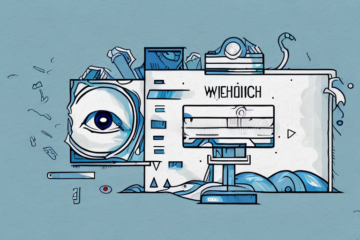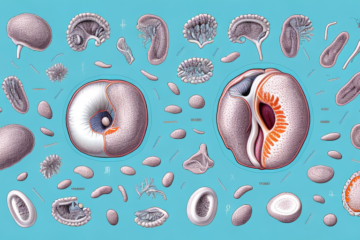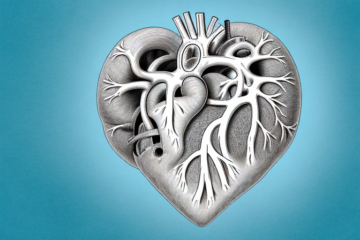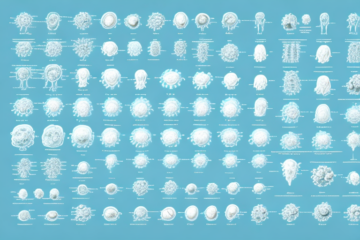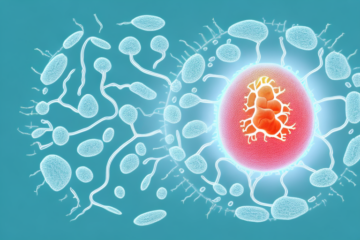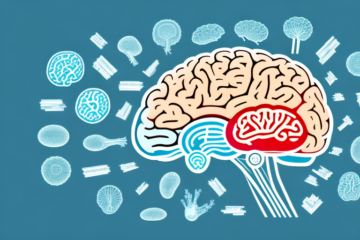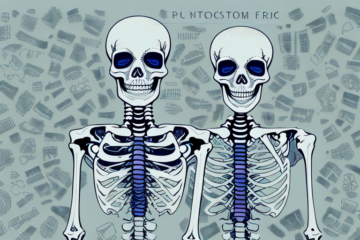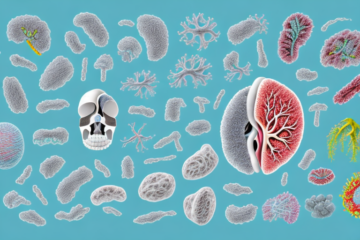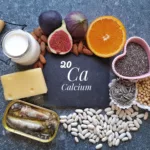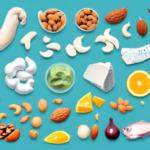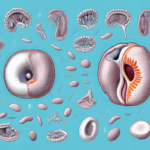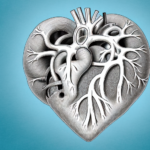The Physiology of Hiccups
Hiccups occur due to involuntary contractions of the diaphragm muscle. The diaphragm separates the chest from the abdominal cavity and plays a vital role in breathing. During a hiccup, the diaphragm contracts suddenly, causing a rapid intake of air that results in the “hic” sound. This mechanism can occur for various reasons, but it is generally a reflexive response to either irritation or damage to the diaphragm, vagus nerve, or phrenic nerve.

While hiccups are usually harmless and go away on their own, they can sometimes be a symptom of an underlying medical condition. For example, persistent hiccups can be a sign of gastroesophageal reflux disease (GERD), pneumonia, or even cancer. In rare cases, hiccups can last for months or even years, causing significant discomfort and interfering with daily life.
There are various remedies for hiccups, including holding your breath, drinking water, or even being scared. However, there is no one-size-fits-all solution, and what works for one person may not work for another. In severe cases, medication or even surgery may be necessary to treat chronic hiccups.


